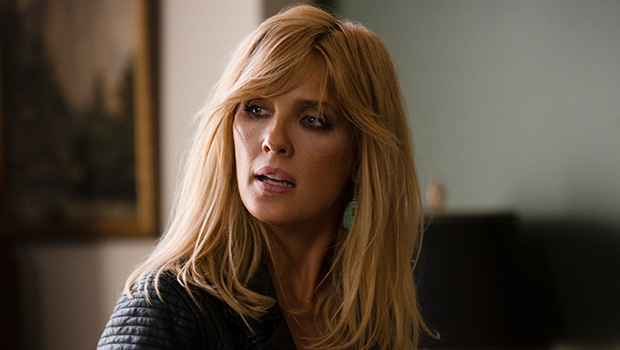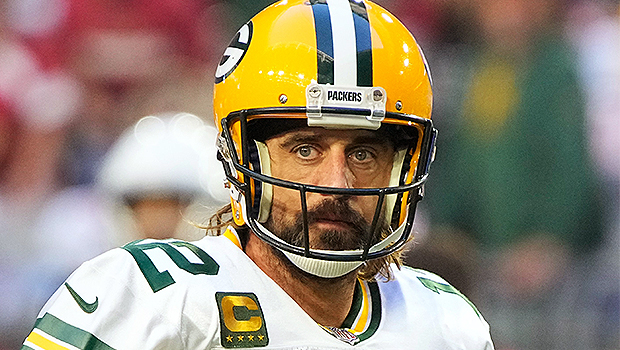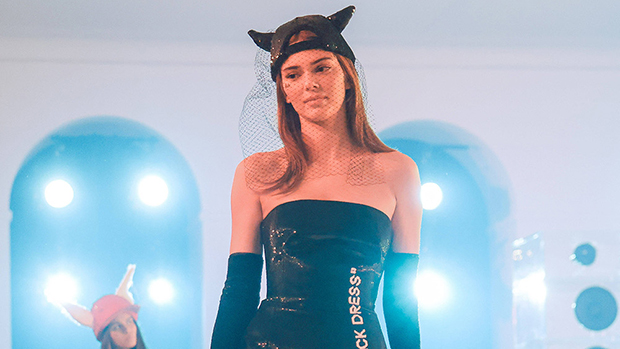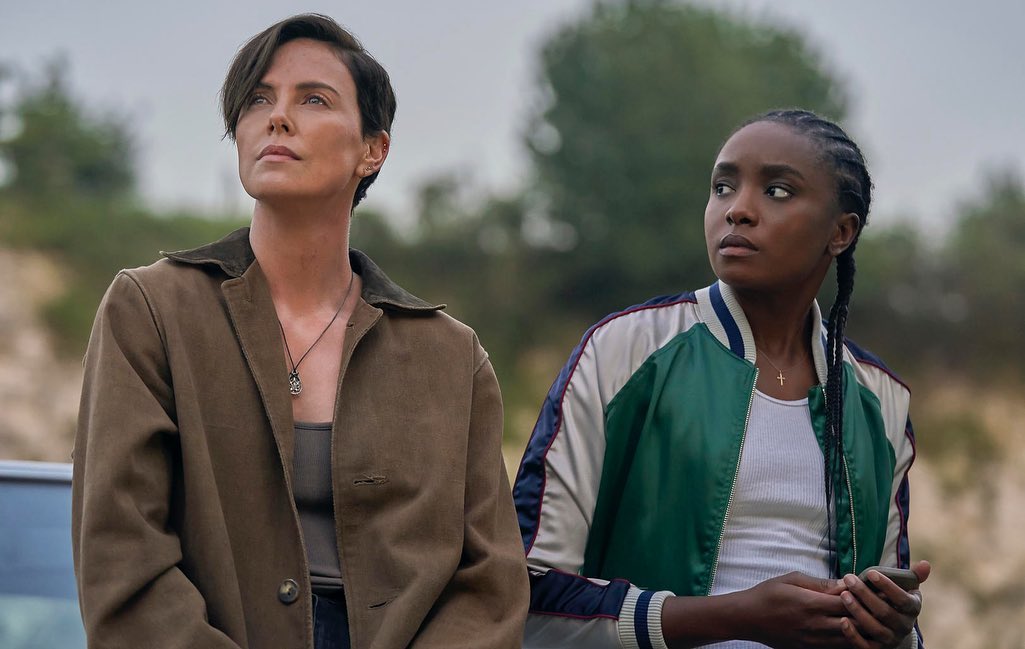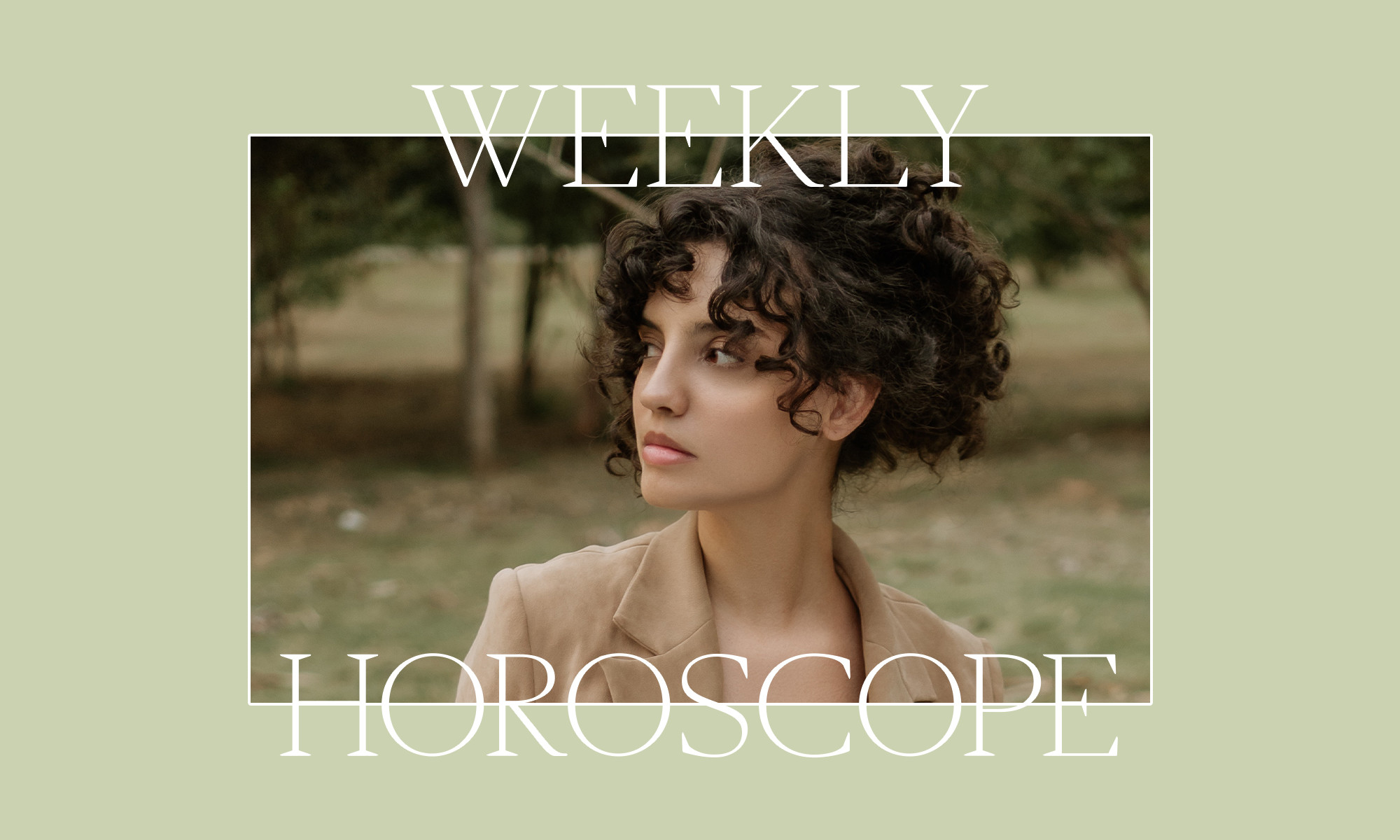Sundance 2023 Women Directors: Meet Rebecca Landsberry-Baker – “Bad Press”
Rebecca Landsberry-Baker is a Sundance Institute Documentary Film Program grantee, Ford Foundation JustFilms grantee, and a 2022 NBC Original Voices Fellow. She is a 2022 Gotham Documentary Feature Lab Fellow and was selected to the Harvard Shorenstein News Leaders...
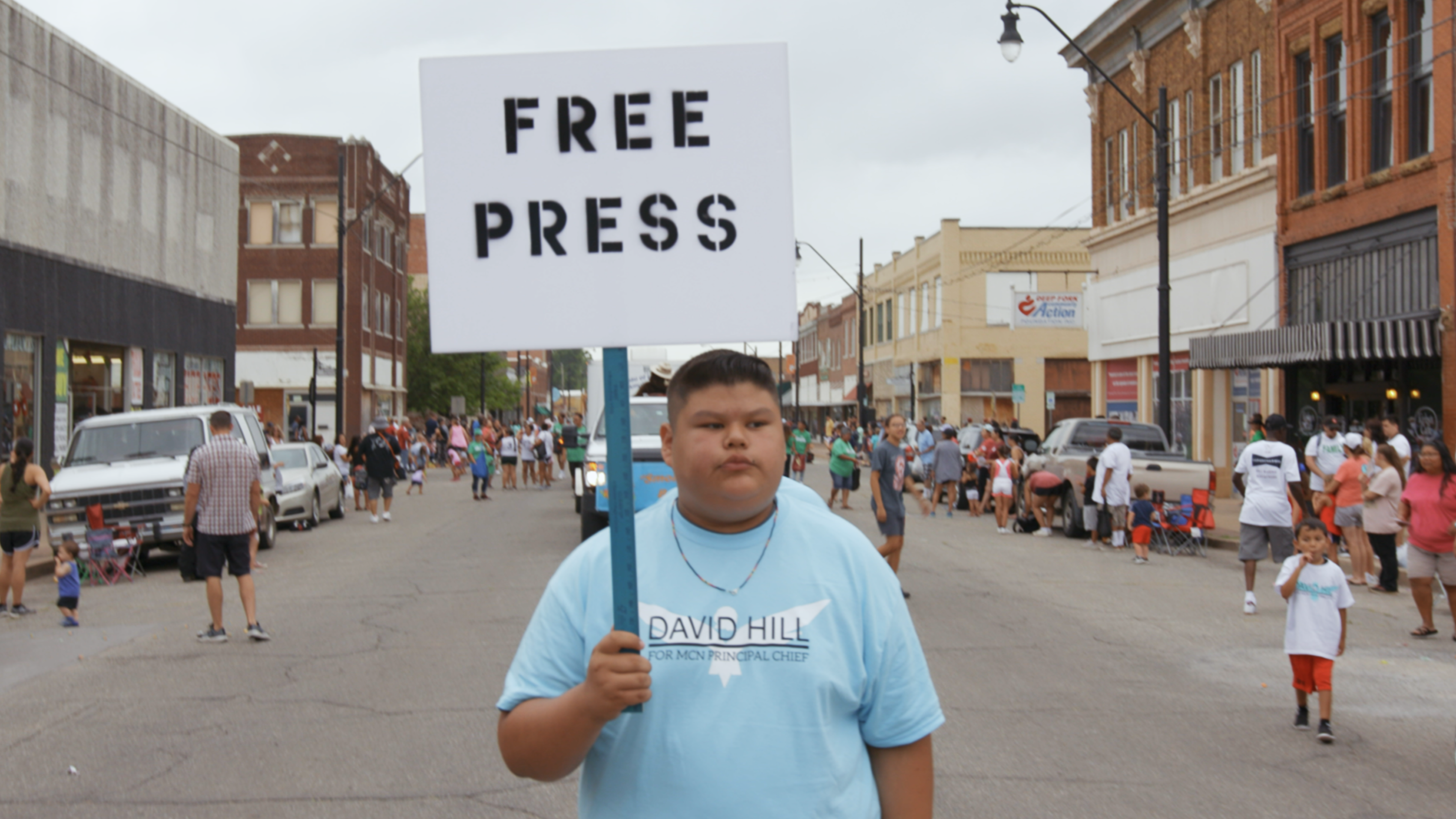
Rebecca Landsberry-Baker is a Sundance Institute Documentary Film Program grantee, Ford Foundation JustFilms grantee, and a 2022 NBC Original Voices Fellow. She is a 2022 Gotham Documentary Feature Lab Fellow and was selected to the Harvard Shorenstein News Leaders Fall 2022 cohort. She is an enrolled citizen of the Muscogee Nation and the executive director of the Native American Journalists Association, a nonprofit organization advocating for accurate coverage and representation of Indigenous people in media. Landsberry-Baker is a 2018 recipient of the National Center for American Indian Enterprise Development’s Native American 40 Under 40 award.
“Bad Press” is screening at the 2023 Sundance Film Festival, which runs from January 19-29. The film is co-directed by Joe Peeler.
W&H: Describe the film for us in your own words.
RLB: “Bad Press” documents the fight for free press in the Muscogee Nation and follows tenacious reporter Angel Ellis and a hilarious crew of fellow Indigenous journalists as they ride a tribal politics rollercoaster.
W&H: What drew you to this story?
RLB: In my former life as a print editor at Mvskoke Media, I experienced censorship in the newsroom alongside our film’s participants, many of whom are fellow Muscogee citizens and journalists. Tribal media face unique challenges in covering their own communities, including occasionally “slaying heroes,” as journalist Angel Ellis puts it, so this story is very personal to me.
During my time as a member, and eventually as executive director of the Native American Journalists Association (NAJA), I’ve witnessed tribal journalists being censored for unfavorable coverage, so I wanted to tell the Muscogee journalists’ story of the battle for free press in Indian Country. I’m so grateful they’ve trusted me to share it with the world.
W&H: What do you want people to think about after they watch the film?
RLB: For both my fellow citizens and a broader audience, It was important for me to highlight how an independent media can strengthen tribal sovereignty because it provides accountability, transparency, and ultimately empowers informed decision-making amongst the people.
W&H: What was the biggest challenge in making the film?
RLB: Filming over the course of three full years from 2019-2021 with a team that had other full-time jobs — including me — while we followed this story was particularly challenging, especially during the height of the pandemic. We also had three babies born between the five producers, including my daughter, Rosie, to my husband and producer Garrett Baker and me, over the course of production. Juggling childcare with directing and my full-time job with NAJA continues to be a daily challenge!
W&H: How did you get your film funded? Share some insights into how you got the film made.
RLB: Our team has received grants from Ford Foundation, the Sundance Institute Documentary Film Program, 2022 NBC News Original Voices Fellowship, and funding through equity investments.
W&H: What inspired you to become a filmmaker?
RLB: With my background in journalism and connection to this story and our participants, documenting the fight for free press really became my responsibility as a member of this community. Now that I’ve experienced how powerful and impactful this form of storytelling can be, I want to encourage other Indigenous journalists to explore documentary filmmaking as a way to share the urgent, nuanced, and entertaining stories that are already here in our Indigenous communities.
W&H: What’s the best and worst advice you’ve received?
RLB: Any time I was discouraged from pursuing something important to me — whether that was a story I wanted to write in The Muscogee Nation News in my early career or now to “airing the tribe’s dirty laundry” in a feature documentary — I’ve always also been motivated by being underestimated. I love it when someone tells me I can’t do something because I’m too young — don’t hear that one much anymore, haha — or too inexperienced.
Indigenous people are scrappy AF and we will find a way to succeed!
W&H: What advice do you have for other women directors?
RLB: As a first-time or early-career filmmaker, don’t let your inexperience hold you back from telling the stories that are most important to you. Your perspectives are essential to the diversity of the media landscape and to storytelling that is representative of the unique feminine experience. We need you!
W&H: Name your favorite woman-directed film and why.
RLB: I’ll use this space to amplify fellow Indigenous director Erica Tremblay (Seneca-Cayuga Nation) who will also be premiering her feature film “Fancy Dance” at the 2023 Sundance Film Festival. I would love to meet her!
W&H: What, if any, responsibilities do you think storytellers have to confront the tumult in the world, from the pandemic to the loss of abortion rights and systemic violence?
RLB: Storytellers are essential to the understanding of critical societal issues because they contextualize information and document key moments in our living history. As journalists and documentarians, we absolutely have a responsibility to show the human impact of policy and decision-making by the elected leaders who are entrusted to protect our best interests.
W&H: The film industry has a long history of underrepresenting people of color onscreen and behind the scenes and reinforcing — and creating — negative stereotypes. What actions do you think need to be taken to make Hollywood and/or the doc world more inclusive?
RLB: Incentivize hiring and supporting BIPOC above- and below-the-line talent through new and expanded funding opportunities, mentorships, and culturally relevant programs that aim to foster personal development in storytelling broadly, not just in filmmaking — creatively, financially, practically, and spiritually. Provide mental health and childcare support and stipends for those with families!

 Astrong
Astrong 







